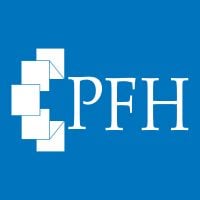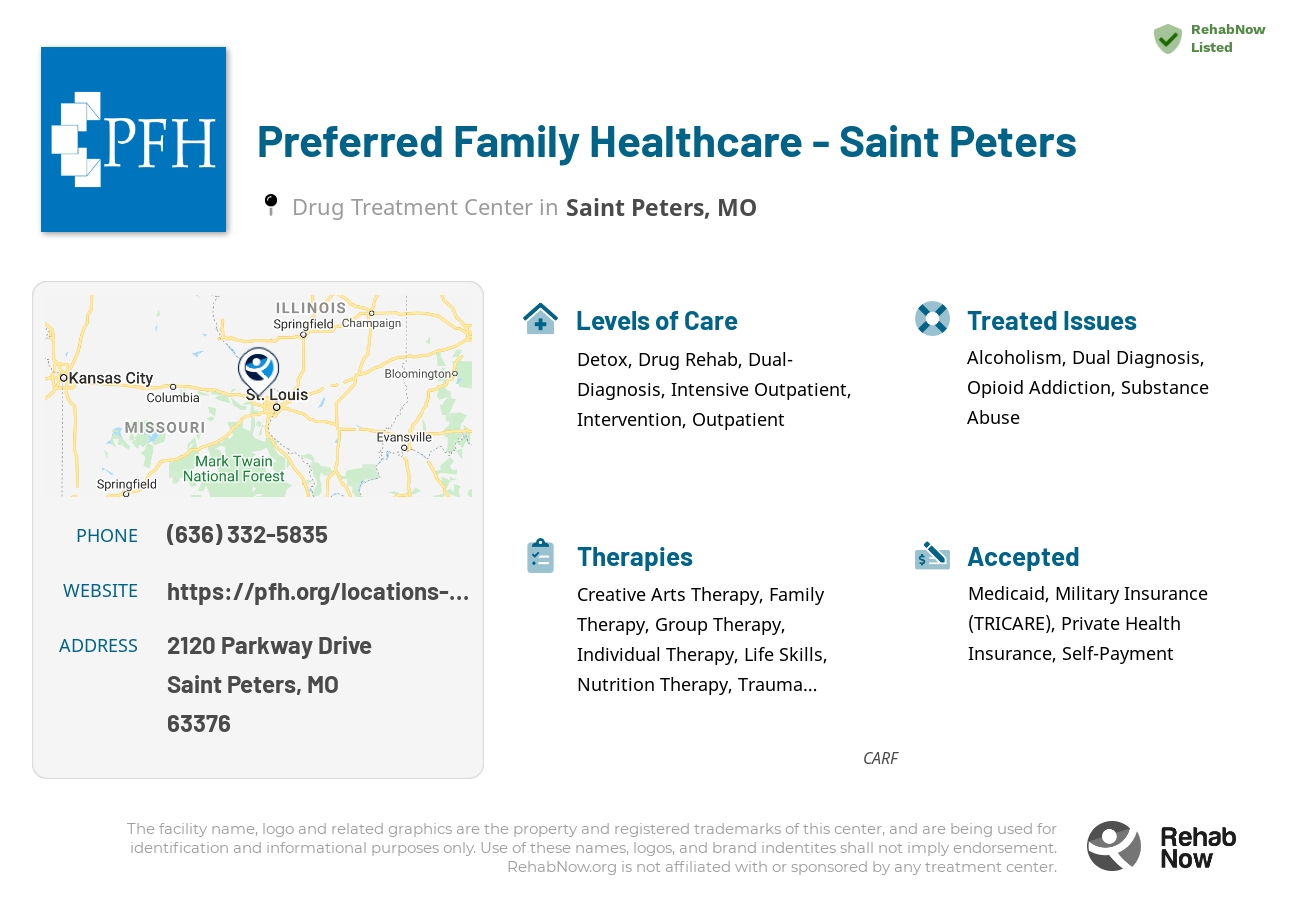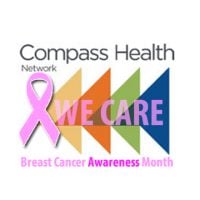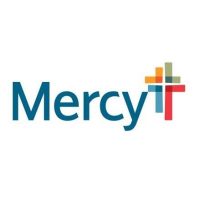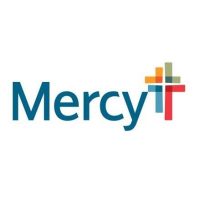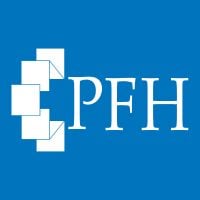Preferred Family Healthcare - Saint Peters
Drug Rehab Center in Saint Peters, Missouri
Preferred Family Healthcare - Saint Peters is a CARF-accredited facility providing comprehensive and integrated mental health, substance abuse, and trauma services with evidence-based treatments and a focus on relapse prevention and aftercare, creating individualized care plans based on each client's needs.
About Preferred Family Healthcare - Saint Peters in Missouri
Preferred Family Healthcare - Saint Peters in Saint Peters, Missouri is a treatment facility offering comprehensive and integrated mental health, substance abuse, and trauma services to individuals and families in the area. Their team of qualified practitioners use evidence-based treatments to help people recover from addiction and mental health diagnosis, focusing on the underlying causes of the issue at hand. They offer individualized care plans based on each client’s needs, and provide a wide range of services, including medical services, medication management, and therapy.
At Preferred Family Healthcare - Saint Peters, they provide comprehensive treatment for addiction and other substance use disorders. Their services include evidence-based therapeutic practices such as cognitive behavioral therapy, dialectical behavior therapy, and trauma-informed therapy, as well as pharmacological interventions and holistic therapies. A major emphasis of their services is on relapse prevention, with a thorough individualized aftercare plan created to reduce the risk of relapse and maintain the client’s long-term sobriety and mental health.
Preferred Family Healthcare - Saint Peters is a CARF accredited facility and their staff are certified and licensed according to the highest professional standards. They have received numerous awards and recognitions, including the 2017 Outstanding Collaborative Spirit – Partners in Hope Award from the Missouri Department of Mental Health, Division of Behavioral Health. They are also a proud member of the Missouri Coalition for Community Behavioral Healthcare, and are committed to helping individuals and families in the community through their services.
Genders
Ages
Modality
Additional
Accreditations

CARF
The Commission on Accreditation of Rehabilitation Facilities (CARF) is a non-profit organization that specifically accredits rehab organizations. Founded in 1966, CARF's, mission is to help service providers like rehab facilities maintain high standards of care.
Conditions and Issues Treated
Many people need to recover from substance abuse to live a healthy life. In the end, if you can get through all the steps: detoxifying your body, rehabilitation after some time or when needed (depending on the type), and recovery while also receiving therapy support throughout the process, it can be worth it.
A detoxification center is a common place to start the recovery process from substance abuse. With your body and mind restored, you can continue to heal without the lingering effects of drugs.
Many people who struggle with opioid addiction need to attend specific programs like methadone , Suboxone or Vivitrol clinics.
These types of programs will provide the patient with legal, prescription medications that can help them overcome their cravings for illegal opioids like heroin or fentanyl . If the patient has a chronic condition like Hepatitis C, they must undergo treatment before they can begin taking these medications.
Dual Diagnosis is a specific relationship between two or more disorders that have the same symptoms and can sometimes be treated together. This is used in the treatment planning process when dealing with drug addicts. Dual diagnosis can be viewed as a chronic medical condition that has comorbid psychiatric disorders.
Although addiction and a mental illness may have separate symptoms that are not easy to detect, they often go hand in hand. Many times, drug abuse is a direct result of the mental illness. In other words, treating the addiction will not resolve all of your issues. Unless you also treat the underlying mental illness, you will not be successful in achieving sobriety.
Levels of Care Offered
This center offers a variety of custom treatment tailored to individual recovery. Currently available are Detox, Drug Rehab, Dual-Diagnosis, Intensive Outpatient, Intervention, Outpatient, with additional therapies available as listed below.
Detox refers to the progressive elimination from the body of toxins. The detox period depends on the form of addiction, the length of drug abuse, and the state of health. Under the supervision of medical practitioners, MAT detox based in Saint Peters, MO requires the use of medications.
An intensive outpatient program is usually the first phase of addiction treatment. It provides relief for those who are addicted, but are not ready to commit to an inpatient setting. Typically, the patient lives at home and is able to work or go to school. IOPs consist of a daily 3 to 5-hour program, and there is a required number of hours per week. Most patients go to IOP between 20 and 40 hours per week. The patient attends group counseling and individual therapy throughout the duration of treatment. They also meet daily with their therapist to discuss how it’s going and where they are in the recovery process.
The goal here is to teach patients healthy coping skills, such as stress management and identifying thoughts and behaviors that lead to relapse. The implementation of these skills will be useful as the individual transitions into the next phases of treatment.
An outpatient treatment program is set up to help with alcohol or drug addiction, or a co-occurring disorder. The patient must attend the Missouri facility for their therapy and other programs but are able to return home each night. The frequency of mandatory attendance decreases after much of Preferred Family Healthcare - Saint Peters‘s program is complete.
Intervention services can be beneficial for people who have not been able to overcome drug and alcohol addiction on their own. It is recommended for individuals whose addiction has led to dangerous or life-threatening circumstances.
Intervention services are beneficial for:
- People who have relapsed after completing other forms of addiction treatment.
- People with drug addictions that have led to dangerous health conditions, such as HIV.
- People who are at risk of losing their family, home, or job due to addiction.
- People who are having difficulty overcoming drug and alcohol addiction on their own.
- An intervention can be conducted by professionals, or by loved ones of an addict. If the person being intervened on agrees to enter addiction treatment after the intervention, the next step would be to choose a treatment program.
If they do not agree to enter addiction treatment after the intervention, loved ones may choose to go back to the drawing board and try another form of treatment. They may also choose to not receive any further treatment, but there are usually other factors in play that may make it difficult for people to stop using drugs or alcohol.
Therapies & Programs
Individual Therapy is a critical component of addiction recovery. Therapists work with patients to identify the root of their addiction and figure out how to better handle the issues that led to them using drugs. Individual Therapy is the one-on-one session where people meet with their therapist. Individual therapy provides a safe space for people to open up and discuss personal and sensitive topics which they may not feel comfortable discussing in a group setting.
Family therapy will also help families realize that the addiction is not their fault. For many years, people blamed themselves for an addict’s behavior and felt that they had done something wrong. This is not the case. Addiction is a disease, and it can strike anyone, even if their life seems fine from the outside. It can bring a lot of shame to a family when they have an addict in their midst, but if everyone is open and honest with each other, then they can help everyone stay in recovery.
Group Therapy is utilized by drug treatment centers like Preferred Family Healthcare - Saint Peters to provide the recovering drug addict with a platform to talk about their feelings and experiences. It also provides for an opportunity to learn from other addicts who have successfully overcome their addiction.
Group Therapy is employed in lectures, seminars, or discussion groups (the latter two are typically conducted as “therapy groups”). It is recommended that all group members be recovering addicts for this type of therapy to work (though it does not exclude others with lived experience).
Trauma therapy is a clinical process that helps individuals deal with mental stress often caused by traumatic events. It is generally done for children, teenage victims of sexual assault, and war veterans. The therapist helps the person identify, understand and work through the problem. This is done with the help of talking about it in group or one-on-one counseling sessions. Therapists use relaxation, role-playing, art, and music to help the person open up about what is bothering them.
Cognitive behavioral therapy is also a popular service for individuals living with addiction. This type of supportive treatment uses both one-on-one counseling and group sessions to teach addicts how to identify thoughts, behaviors and emotions that might increase their risk of relapse.
These professionals can help addicts develop coping skills for managing stress, improving self-esteem and overcoming triggers. They might also use behavioral therapy to help addicts learn how to avoid cravings and warning signs that could lead them back into addiction.
Therapy can be used as a step-down from inpatient treatment or as the primary method of overcoming an addiction. No matter which option is best for the addict, they will teach important emotional coping techniques, which can make it easier for addicts to get through the tough days.
Training in improved life skills helps those recovering from addiction feel more capable of self-care. Preferred Family Healthcare - Saint Peters are daily skills that give the person the tools they need to survive.
The therapy covers practical activities like cooking, job hunting, social interaction, and money management, helping to fill in the knowledge gaps caused by addiction.
These life skills help the person self-manage their recovery and stay on track. It also reduces relapse risk as they gain confidence in their day-to-day abilities.
Nutrition therapy has been used to help drug addicts for decades. Many early reports on addiction treatment indicate that some patients recovered from the “satisfying power of food”. For years, this phenomenon has been utilized as a treatment modality in eating disorders for adults, adolescents, and children. Specific nutrients have been identified that influence neurotransmitters associated with reward pathways of the brain.
Studies have shown that carbohydrate loading with complex carbohydrates to elevate serotonin levels was effective in treating bulimia nervosa. This approach prompted researchers to explore the use of this type of nutritional intervention in other disorders.
Nicotine replacement therapy treats nicotine addiction using external sources of nicotine, such as patches or gum to substitute for nicotine. This allows people trying to quit smoking to get their desired dose of nicotine without actually having to smoke cigarettes. The idea behind NRT is that by providing smokers with nicotine in forms that are not cigarettes, they may be more likely to quit smoking.
NRT has been available for many years now, and there is a wealth of evidence that shows that it helps people trying to quit smoking. There are several different types of NRT devices on the market now. Patients interested in quitting smoking should talk to their doctors about the best kind of NRT for them.
Payment Options Accepted
For specific insurance or payment methods please contact us.
Is your insurance accepted?
Ask an expert, call (888) 674-0062
Preferred Family Healthcare Associated Centers
Discover treatment facilities under the same provider.
- Preferred Family Healthcare - Bridgeway Behavioral Health - Dunnica in Saint Louis, MO
- Preferred Family Healthcare - Champion Center in Springfield, MO
- Preferred Family Healthcare - Carol Jones Recovery Center in Springfield, MO
- Preferred Family Healthcare - Bridgeway Behavioral Health - Saint Charles in Saint Charles, MO
- Preferred Family Healthcare - Adolescent in Saint Louis, MO
Learn More About Preferred Family Healthcare Centers
Additional Details
Specifics, location, and helpful extra information.
Saint Peters, Missouri 63376 Phone Number(636) 332-5835 Meta DetailsUpdated November 25, 2023
Staff Verified
Preferred Family Healthcare - Saint Peters Patient Reviews
There are no reviews yet. Be the first one to write one.
Saint Peters, Missouri Addiction Information
Opioid-related overdoses in Missouri have been increasing steadily for the past three decades. In 2018, more than 1,130 people in Missouri died from opioid abuse. Methamphetamines and marijuana abuse have surpassed opioid abuse in Missouri. Missouri is the number 1 methamphetamine manufacturer in the country with more than 27 meth labs per 100,000 people.
13% of individuals in Saint Peters between the ages of 12 and 17 abused drugs in 2017. The most commonly used drug in Missouri is marijuana, with 8.5% of residents reporting use. Almost 18% of all traffic fatalities were caused by DUI/drug-impaired driving. Inpatient rehab allows addicts to focus solely on their recovery and get the support they need from professionals and other patients.
Treatment in Nearby Cities
- Bridgeton, MO (9.0 mi.)
- Hayti, MO (183.0 mi.)
- Steele, MO (192.1 mi.)
- Hillsboro, MO (39.5 mi.)
- Marshfield, MO (162.3 mi.)
Centers near Preferred Family Healthcare - Saint Peters
The facility name, logo and brand are the property and registered trademarks of Preferred Family Healthcare - Saint Peters, and are being used for identification and informational purposes only. Use of these names, logos and brands shall not imply endorsement. RehabNow.org is not affiliated with or sponsored by Preferred Family Healthcare - Saint Peters.
